Carer support
Carer support refers to things that might make the role of a carer easier. It could include financial support, support from your employer, social support, and more.
Being a carer can be a difficult and isolating experience. But, it can be a little easier if you’re aware of the carer support that may be available.
On this page, we’ll cover:
- Your rights as a carer
- Carer’s assessment
- What benefits can you claim if you are a carer?
- Carer support from your employer
- Carer support from your GP
- Help from your local authority
- Carer support from charities and benevolent funds
Your rights as a carer
All carers have certain basic rights that can help make life a little bit easier. Depending on your situation, you may have the right to receive:
The best starting point is a carer’s assessment.
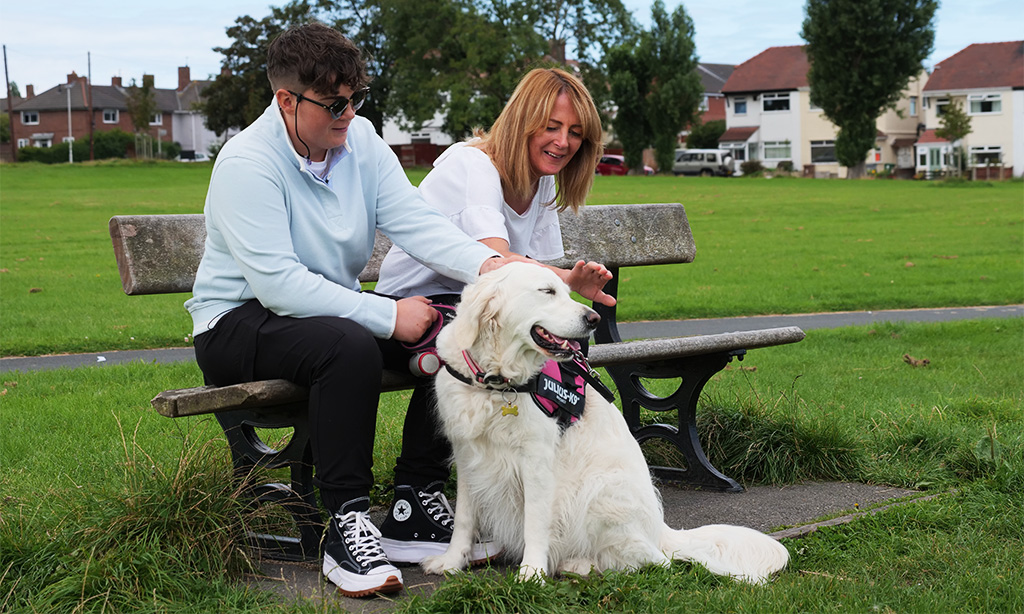
Join our carers community
Our carer’s online support group is a safe and secure space to connect with other carers and share your experiences.
Carer’s assessment
You can ask your local authority to do a carer’s assessment. This will help them find out your needs and what support, if any, you are eligible for.
At this assessment you can talk about carer support, which is any support that would help you cope as a carer.
This could include help with caring, financial support or equipment that makes it easier to look after your loved one.
You may agree with your local authority that you need a break as part of your care plan. And the local authority may agree to fund it. They call this respite care.
You can arrange a carer’s assessment by calling your local council’s social services department and requesting one. You should be able to find the number in your phone book or on your local authority’s website.
The person you care for also has the right to a separate needs assessment, which will take into account your role as a carer.
What benefits can you claim if you are a carer?
If money is a concern for you, it may help to learn about what benefits you can claim if you are a carer. This is an important part of looking after yourself and relieving your stress.
The law considers people with a brain tumour (low or high grade) to have a disability, even though you, and they, may not see themselves in that way. Not only might the person you care for be entitled to benefits, but you may also be eligible for financial assistance, including:
- Carer’s Allowance. A payment to help cope with the financial impact of caring for someone.
- Carer’s Credit. A scheme to top up your National Insurance contributions and protect your State Pension eligibility.
- Council Tax Support. Exemptions or discounts to your council tax bill.
It’s important to be aware that some benefits can affect other benefits that both you and the person you care for may receive. Your local authority or local Citizens Advice Bureau can advise you on the support you can receive. They can also tell you about ways of helping your financial situation and dealing with the extra costs that caring for someone can bring.
Our expert benefits adviser can explain various benefits to you, and advise you on filling in forms. The clinic runs on certain weekdays with appointments from 9.30am to 4.00pm. You can find out more here.
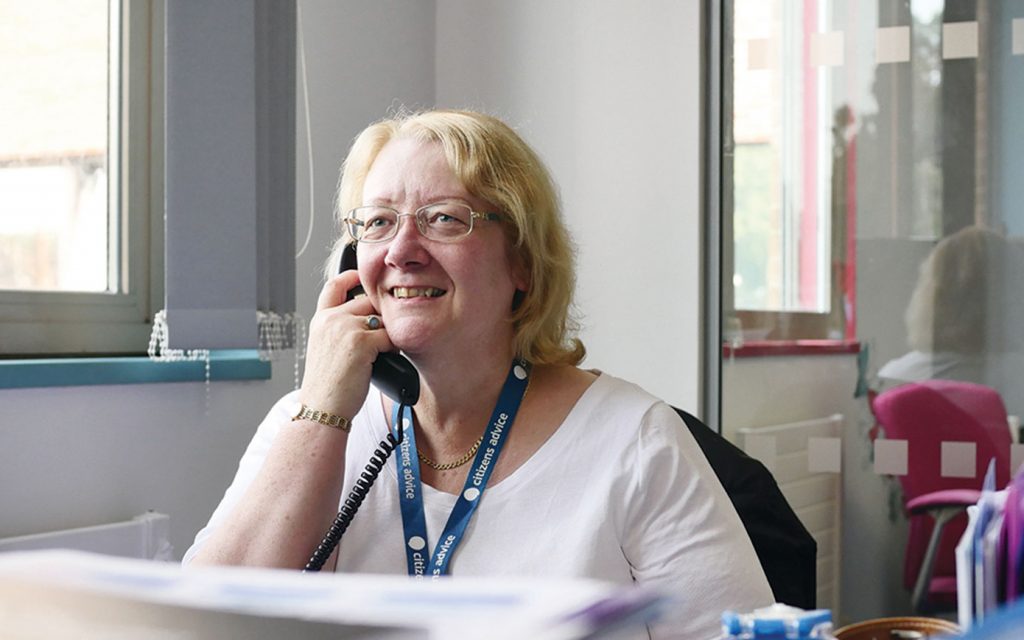
Expert help and advice
Make an appointment to speak to our trained benefits adviser by using our online booking system
Carer support from your employer
Caring for somebody can make it harder to perform at work. Many people have to reduce their hours, hand over some of their responsibilities, change job or even give up work entirely.
It may not feel like it but most employers will want to support you through this difficult time and discussing your options with your manager can yield unexpected results.
At the very least, all employers have a legal obligation to listen to requests for flexible working and respond in a “reasonable manner”. This should include:
- looking into the advantages and disadvantages of the application
- holding a meeting to discuss the request with the employee
- offering an appeal process
Carer support from your GP
You can always talk to your GP about how being a carer is affecting your health and wellbeing. If there’s anything you’re unsure of about brain tumours or caring for someone, they might be able to give you information or signpost useful services.
They can help you with emotional support if you need it, either directly or by referring you to a psychologist or psychiatrist.
Your GP can also help with approaching your local social services for a carer’s assessment and preparing you for it. Some areas even have a GP Carers’ Prescription Service, so GPs can prescribe carers a break, if it would be beneficial.
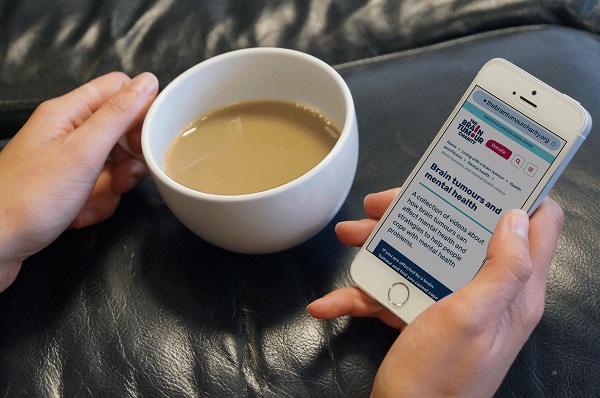
Free counselling
If you need to talk, we’re here for you. We offer free sessions to help you cope.
Help from your local authority
The appropriate department of your local authority, normally Adult Services or Children’s Services, will be able to give you a carer’s assessment to find out the practical and financial support available to you.
They may be able to offer respite care or what they call a sitting service. This is where a trained volunteer will keep your loved one company for a few hours, while you have a break. Your local authority should also be able to signpost other organisations that may be able to support you.
Support for carers from charities and benevolent funds
Charities and benevolent funds are other sources of support. Many organisations in the UK offer financial help to pay for respite care and provide support services for carers.
You may discover an opportunity to join a support group for carers. You’ll be able to connect with other carers, discuss your worries and share ideas. Or, if you’re not ready to speak to others directly, it can be helpful just knowing other people understand what you’re going through.
If the person you’re caring for is well enough, they may be able to attend a day centre. These provide an opportunity for them to meet new people and also time for you to have a short break.
Charities can also be a vital source of information for carers, particularly for those who have only recently been affected by a brain tumour.
Support and Information Services
Research & Clinical Trials Information
You can also join our active online community.
In this section

Get support
If you need someone to talk to or advice on where to get help, our Support and Information team is available by phone, email or live-chat.
Recommended reading
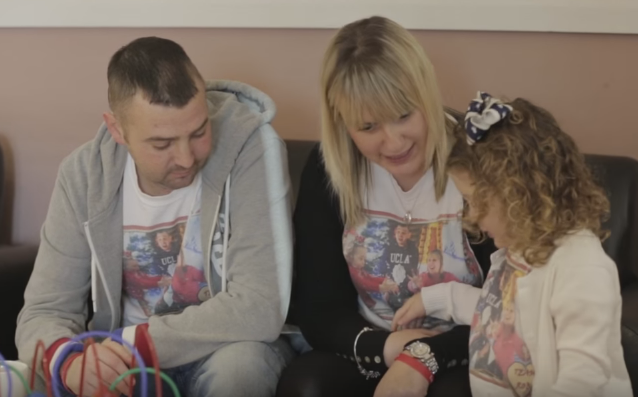
Caring for someone with a brain tumour
Teresa’s husband, Rob, has a brain tumour and in this video she discusses the practical and emotional sides of caring and the importance of retaining your own identity.
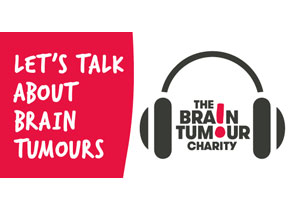
Let’s Talk About Brain Tumours
If you or someone you know is caring for somebody after a brain tumour diagnosis, you may want to listen to a new episode of our podcast, Let’s Talk About Brain Tumours, which is all about life as a carer.
Share your experiences and help create change
By taking part in our Improving Brain Tumour Care surveys and sharing your experiences of caring for somebody, you can help us improve treatment and care for everyone affected by a brain tumour.